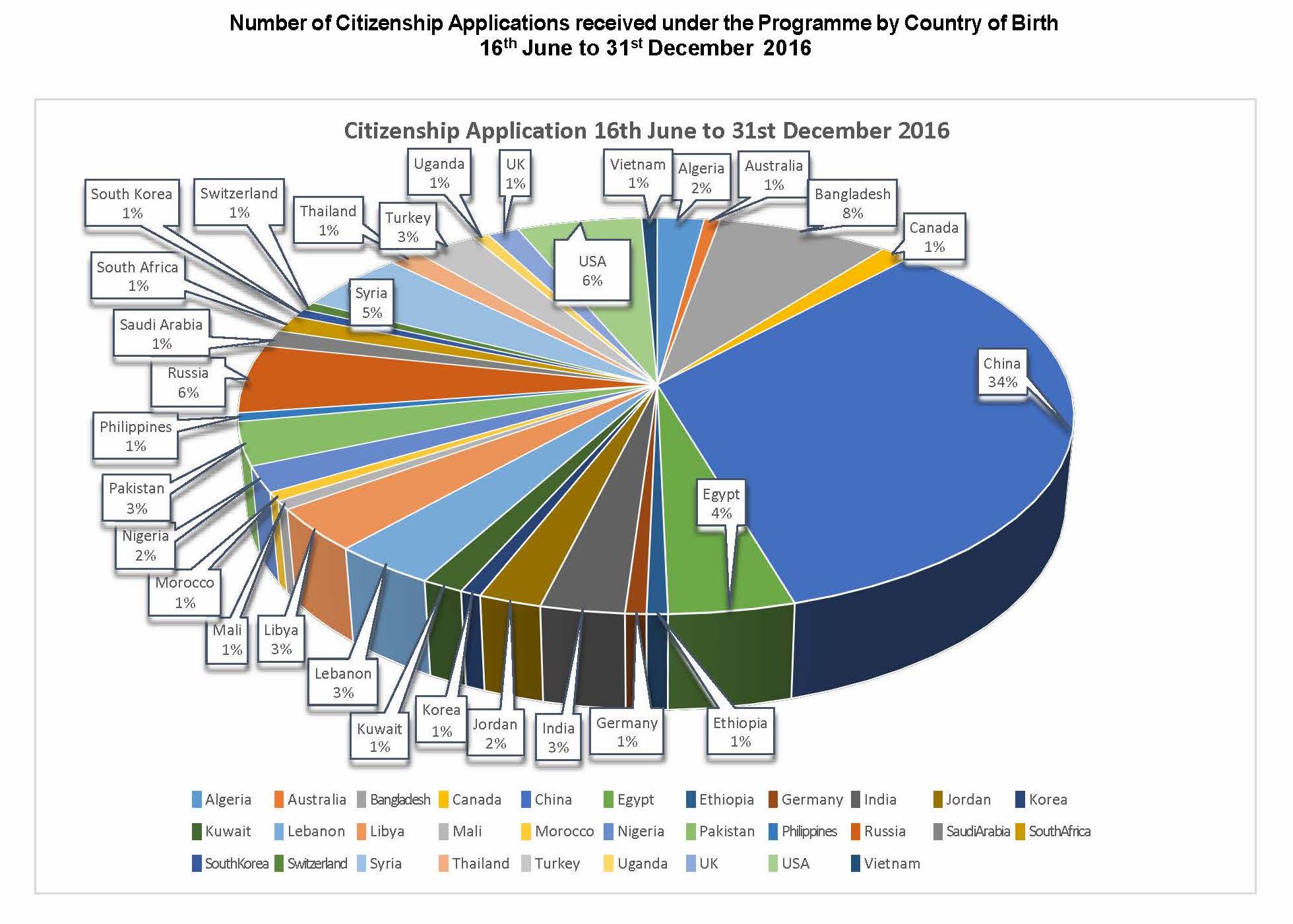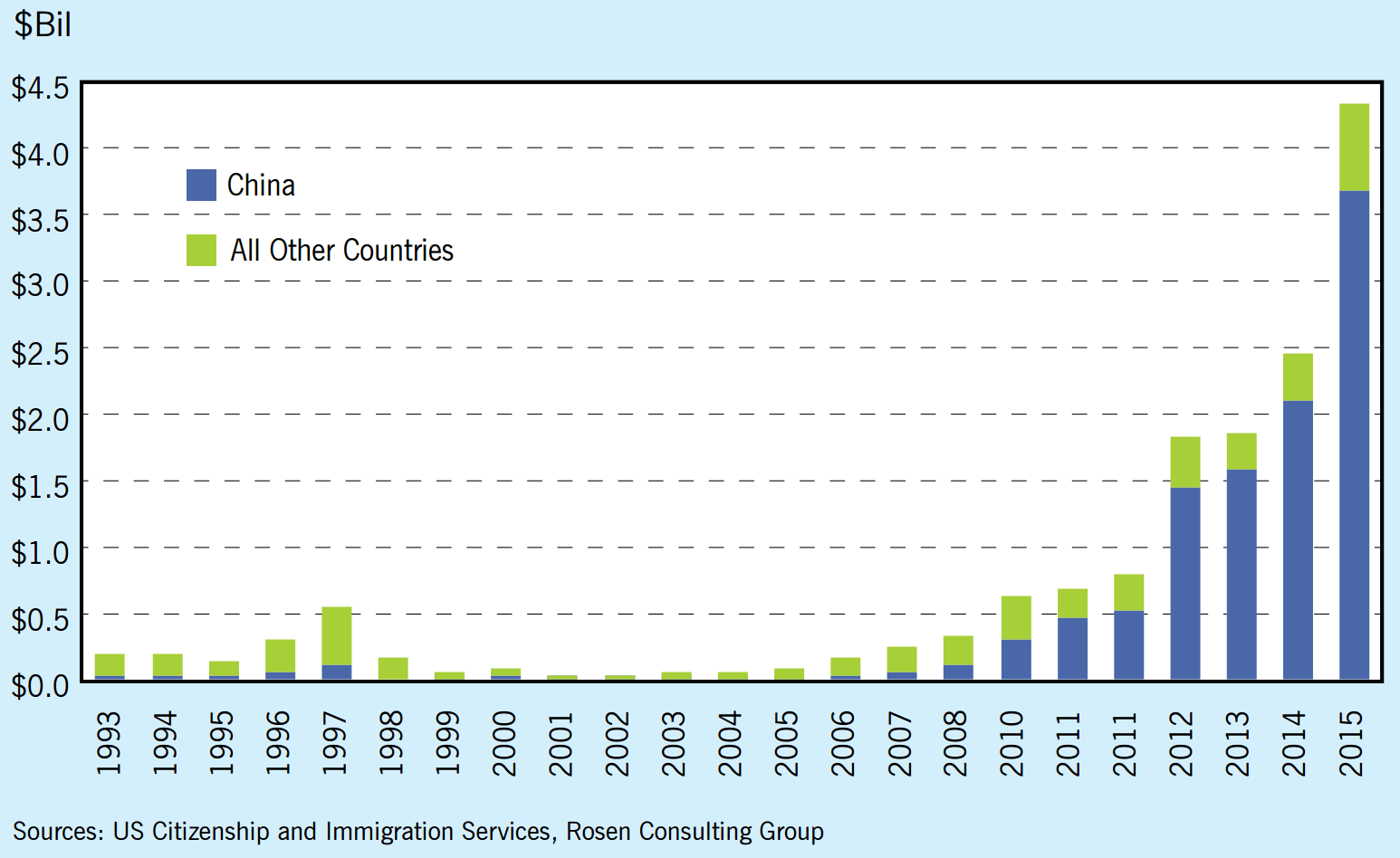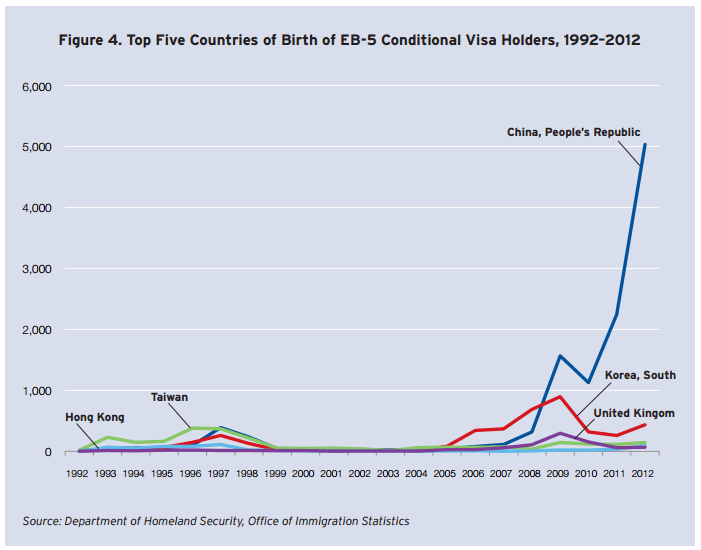
CSL monthly Industry Updates
Click on the bullet point to read the full article:
Taiwan signs visa-waiver for nationals of St. Kitts & Nevis and Saint Lucia
Effective July 12, 2017 the Ministry of Foreign Affairs of Taiwan, ROC has granted visa-free privileges to its 10 diplomatic allies in Latin America and the Caribbean in the hope that such benefits will lead to an increase in tourism, business, trade and cultural exchanges at multiple levels.
Saint Kitts & Nevis as well as Saint Lucia were among those Caribbean states that were granted visa-free entry. Their citizens are welcome to stay in Taiwan for up to 30 days. This privilege, however, comes with restrictions. Saint Kitts & Nevis and Saint Lucia passport holders that were born in Afghanistan, Pakistan, Nigeria, Liberia, Iraq, Iran, Syria, Yemen and China do not qualify for the visa extension program.
The official press-release states:
“July 12, 2017
No.117
To demonstrate the closeness between the Republic of China (Taiwan) and its diplomatic allies in Latin America and the Caribbean, and acting upon the principles of mutual benefit and reciprocity, the Ministry of Foreign Affairs today announced visa-free treatment for nationals of 10 diplomatic allies. The measure, which takes place with immediate effect, follows today’s announcement of reciprocal visa-free treatment between the ROC and the Republic of Paraguay.
The duration of stay granted under the new policy is as follows:
1. Up to 30 days: Belize, the Dominican Republic, Guatemala, Saint Christopher and Nevis, Saint Lucia, and Saint Vincent and the Grenadines.
2. Up to 90 days: El Salvador, Haiti, Honduras, and Nicaragua.
Nationals of these 10 diplomatic allies seeking visa-free entry into Taiwan must (1) hold a standard passport valid for at least six months; (2) hold a return flight (boat) ticket, or a flight (boat) ticket and a valid visa for an onward destination; and (3) possess no criminal record, as verified by immigration units upon arrival at an airport or port in Taiwan.
These 10 diplomatic allies already grant visa-free treatment to Taiwanese nationals, and have been included in Taiwan’s eVisa program since it was launched on January 12, 2016. Given the importance of its enduring friendships with these diplomatic partners, and acting upon the principles of mutual benefit and reciprocity, and a further desire to strengthen the development of bilateral relations, the ROC decided to grant visa-free privileges to these 10 diplomatic allies from July 12, 2017 in the hope that such benefits will lead to an increase in tourism, business, trade and cultural exchanges at multiple levels. (E)”
Source: Ministry of Foreign Affairs of Taiwan, Republic of China
How Successful is Citizenship by Investment Program of Antigua & Barbuda?
Since the inception of the Citizenship by Investment (CIP) program back in 2014, the number of citizenship passports issued has been growing annually at an increasing rate. While only 252 passports were issued in 2014, this figure more than doubled by next year, 655 passports having been issued in 2015, and had quadrupled by the end of 2016, with 1016 citizenship passports issued to investors into Antigua & Barbuda. This growth is attributed to both increasing number of applications, as well as increasing amount of nationalities that have applied for citizenship – this number* has grown from 22 unique nationalities in 2014 to 66 by the end of 2016.
Despite the increasing interest in the Antigua and Barbuda’s CIP program across the globe, three regions account for the highest number of applications received over the course of two years – China, Middle East, and Russia.
One country consistently maintains the lead with the highest number of annual applications. Since the inception of the program, 432 Chinese nationals have sought to acquire a second citizenship, accounting for at least 40% of total annual applications yearly. Chinese nationals have long shown interest in second citizenships, applying for U.S and Canada CIP visas for years. With the Canadian immigration program shut down, and a decade long backlog for U.S EB-5 visa, the demand has now shifted to various countries in the Caribbean such as Antigua and Barbuda, which can offer citizenships at a much faster rate and for fraction of the costs. Such interest comes as a no surprise – China boasts over 1.5 million millionaires and 319 billionaires as of 2017, with the numbers growing annually. Combining that with the fact that Chinese passport offers visa-free access to only 57 countries compared to 135 that of Antigua and Barbuda’s, it is clear that the demand for dual citizenship for Chinese nationals will keep growing as well, as easier travel, lower tax rates, new investment opportunities, and a brighter future for their families continues to be an incentive for both the rich and middle-class of China.

Amidst the political instability within the region, Middle East is another leading source of applications to Antigua and Barbuda’s CIP program. Accounting for 43.19% of applications in 2014, 56 applications had been received from nationals of Egypt, Iran, Iraq, Jordan, Lebanon, Saudi Arabia, Syria and Yemen altogether. Iran and Lebanon nationals made up the majority of the list, with 17 applications received from each group in 2014. While less applications were submitted in 2015, they still accounted for 20.8% of total applications received that year, 41 out 197 total. The growth has picked up again in 2016, with 59 applications submitted, accounting for a little over 20% of total applications received that year. In spite, or perhaps as a result of the continuous conflict in the region with thousands of millionaires, the number of applications keep increasing. It is safe to assume that the demand will keep growing, with no peace in these countries to be seen on the horizon.
Russia is another country in which dual citizenship has grown popular. After the military intervention in Ukraine of 2014, Russia has suffered great economic losses as sanctions had been imposed, resulting in an ongoing financial crisis. With the ruble collapsing, Syrian conflict escalating and political tensions reaching an all-time high since the Cold War, Russian nationals are seeking new residence for themselves and their capital. This is evident as the number of applicants has grown over the years. The number of applications submitted in 2014 was only 4, 2.27% of total applications – the number had increased to 31 by the end of 2015 and further to 44 by the end of 2016, accounting for 4.71% of all applications submitted from the inception of the program. As the tension between Russia and the world grows, so does the interest in a safe haven should events turn to worse.
The increasing number of applications shows the success of programs initiated by countries such as Antigua and Barbuda who seek to raise capital by offering citizenship in return. With countries such as US and Canada restricting immigration through CIP, and high costs of CIP programs in EU, the Caribbean has become an attractive destination for those who seek to acquire a second passport. Ultimately, it is not always about political unrest or investment opportunities, as some people simply desire hassle-free travel. No matter the reason, these programs are growing in size, and will most likely continue doing so in the foreseeable future.
Source: based on the CBI data provided by Antigua and Barbuda CIU.
Caribbean Citizenship as an Alternative to EB-5 Program for Chinese Investors
After a period of uncertainty and lengthy debate, the US Congress has officially extended the EB-5 Regional Center Program until the 30th of September 2017. The bill was passed in both the House of Representatives and the Senate on May 4 and was signed by the president on May 5, 2017.
While members of Congress in Washington debate raising the minimum required to obtain a U.S. immigrant investor visa from $500,000 to $1.35 million, concern about the hike has set off a scramble among wealthy would-be participants in China.
The EB-5, short for employment-based fifth preference visa program, was implemented by Congress in 1990 to stimulate economic development through job creation and capital investment by foreign investors in exchange for green cards. The program is used by developers to attract foreign investment, either directly or through government-approved ‘regional centers’ where businesses pool funds. To qualify for a EB-5 visa, a foreigner must put a minimum of a million dollars into an approved development project; or $500,000 if the project is in a designated high unemployment area. The investment must create or save at least ten jobs. It takes as long as 26 months to obtain a green card for permanent residency status through the program.
Up to 85% of foreign investors participating in the EB-5 visa program are Chinese nationals, according to the U.S. Citizenship and Immigration Services. In 2005 a total of just 350 visas was granted by the U.S. State Department under EB-5. By 2015 the number of issued visas was over 10,500 per year.

Detailed data on these investments and the actual number of jobs created are not reliable. However, Invest in the USA, a Washington-based thinktank advocating for the continuation of EB-5, estimates the program has attracted $16.8 billion in direct foreign investment between 2008 and 2016. Other advocacy groups, including the Rosen Consulting Group, estimate that nearly 20,000 Chinese EB-5 investors have generated at least $9.5 billion of investment capital since 2011 (see the full study).
For rich Chinese, a green card is a ticket out of China – a way to escape heavy pollution or gain access to improved education options. The broad anti-corruption campaign that President Xi Jinping has waged has also rattled wealthy Chinese.
But the explosion of the program’s popularity – the number of applicants vying for the annual allotment roughly doubles year-on-year – comes with repeated warnings that the program has grown far beyond its intended use and should be cancelled.
“The EB-5 program has been rife with fraud and national security weaknesses,” said Republican senator Chuck Grassley of Iowa, who introduced a bipartisan bill to eliminate EB-5 earlier this year. “It has also strayed from Congress’ original intent to spur economic development in rural and depressed areas.”
There are several possibilities being considered for the program’s future. Congress could extend it for another six months, raise the minimum investment requirement from the current level of $500,000-to-$1 million to $1.35 million-to-$1.8 million, or even terminate the program altogether.
It takes about two to three years now for Chinese mainlanders to have an I-526, or Petition for Immigrant Investor (EB-5), processed, according to Stephen Yale-Loehr, an immigration law professor at Cornell University. Following the petition, investors will obtain a temporary green card and wait for another two years to apply for a permanent one, with a heavy physical residency requirement. But since the visa quota is for a whole family, the actual waiting time for a permanent U.S residence could stretch to seven to 10 years.
Long queues of pending applications are of particular concern for investors hoping to secure green cards for their children. Kids can only get dependent visas through an investor parent if they’re 21 years or younger at the time of application approval. Many apply so they can give their college kids a chance to attend top U.S. colleges. Some parents who filed too close to the child’s 21st birthday will age out.
The program’s uncertainty and the long visa backlog may be a deterrent for some to apply for the EB-5 program. Therefore, it is wise to consider alternative immigration options, like economic citizenship programs of Grenada, St. Kitts and Nevis, Antigua and Barbuda, Dominica or Saint Lucia. Caribbean citizenship-by-investment options are ideal for applicants, who sought second citizenship primarily for stability and security, tax efficiency, and ease of travel.
Both programs will provide an entire family with the second citizenship for under US$500,000 in as little as 3-4 month. Benefits include extensive investment, banking, tax planning opportunities and visa-free travel to United Kingdom, Schengen Zone and other destinations. For families with children Caribbean citizenship may provide additional access to the best schools or universities where strict geographical quotas apply. In addition, both nations offer an abundance of income-earning property investment options, safe from financial depreciation.
It is important to mention that for those applicants whose family or business ties require frequent visits to the United States, Grenada offers one more undeniable benefit. Citizens of Grenada have the unique right to apply for the United States’ E-2 Visa Program, thanks to a special treaty between the U.S. and a handful of countries (for more information on differences between EB-5 and E-2 programs see CSL newsletter of April 2016).
St Kitts and Nevis’s big advantage, shared by Saint Lucia, is that it does not maintain diplomatic relations with China, preferring many years ago to partner with Taiwan instead. As a result, there is no perceived risk for Chinese investors that their second citizenship will be revealed to their home government.
Another important subject to consider before becoming a dual citizen is tax planning. Becoming a permanent resident of the U.S.A. means to adopt its worldwide taxation model. Citizens and residents of St. Kitts & Nevis, Antigua & Barbuda, Dominica, Grenada or Saint Lucia do not pay taxes on their worldwide income as these territories have no foreign income tax.

St Kitts & Nevis suspends North Koreans from its CBI Program
On June 28th, 2017 the Government of St Kitts and Nevis has announced the “immediate suspension” of processing new applications from citizens and residents of North Korea under the Citizenship by Investment Program (CBI).
As the reason for the suspension the Government statement mentioned: “After considering the geo-political situation in North Korea, it is unlikely that background checks through on-the-ground intelligence sources can safely and legally be conducted. The Unit has also been advised that it is unlikely that significant, comprehensive and most importantly, reliable information, can be obtained from this jurisdiction.”
This addition brings the list of restricted nationalities to three, along with Iran and Afghanistan.
If you would like to receive more information or assistance preparing your Citizenship by Investment application, please feel free to contact us directly for a complimentary 30-minute consultation.

